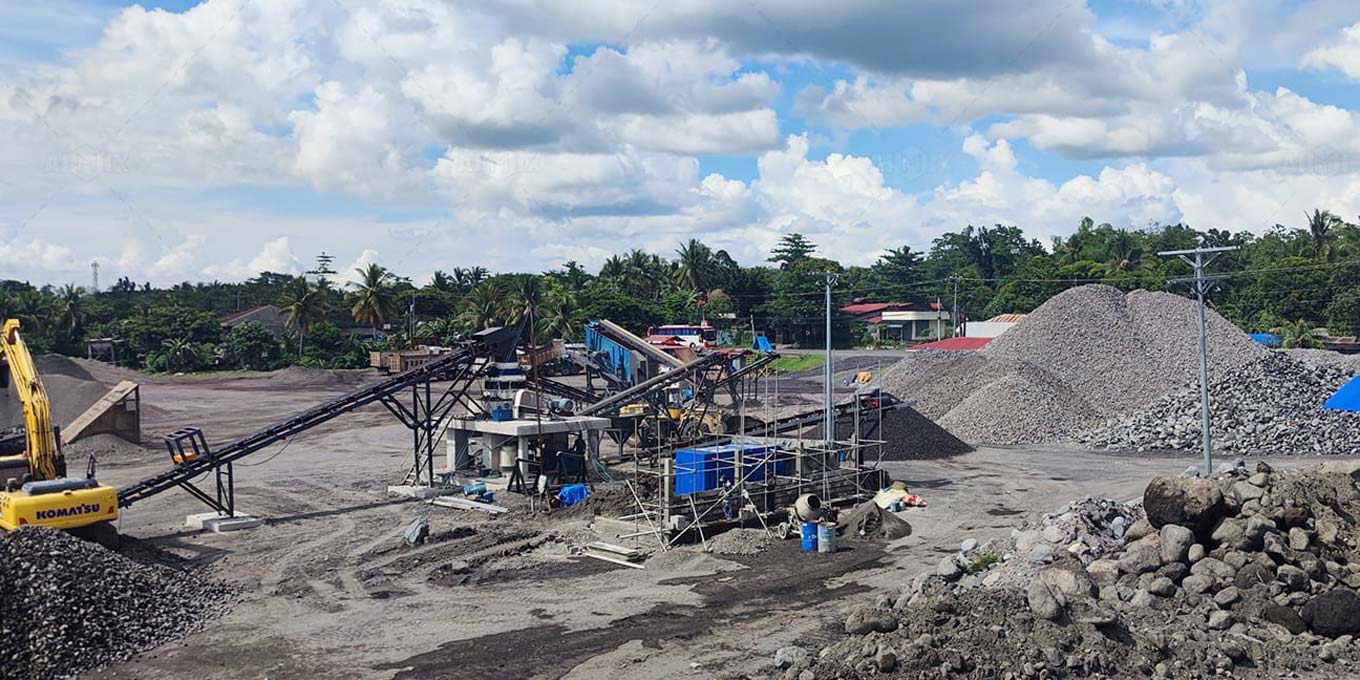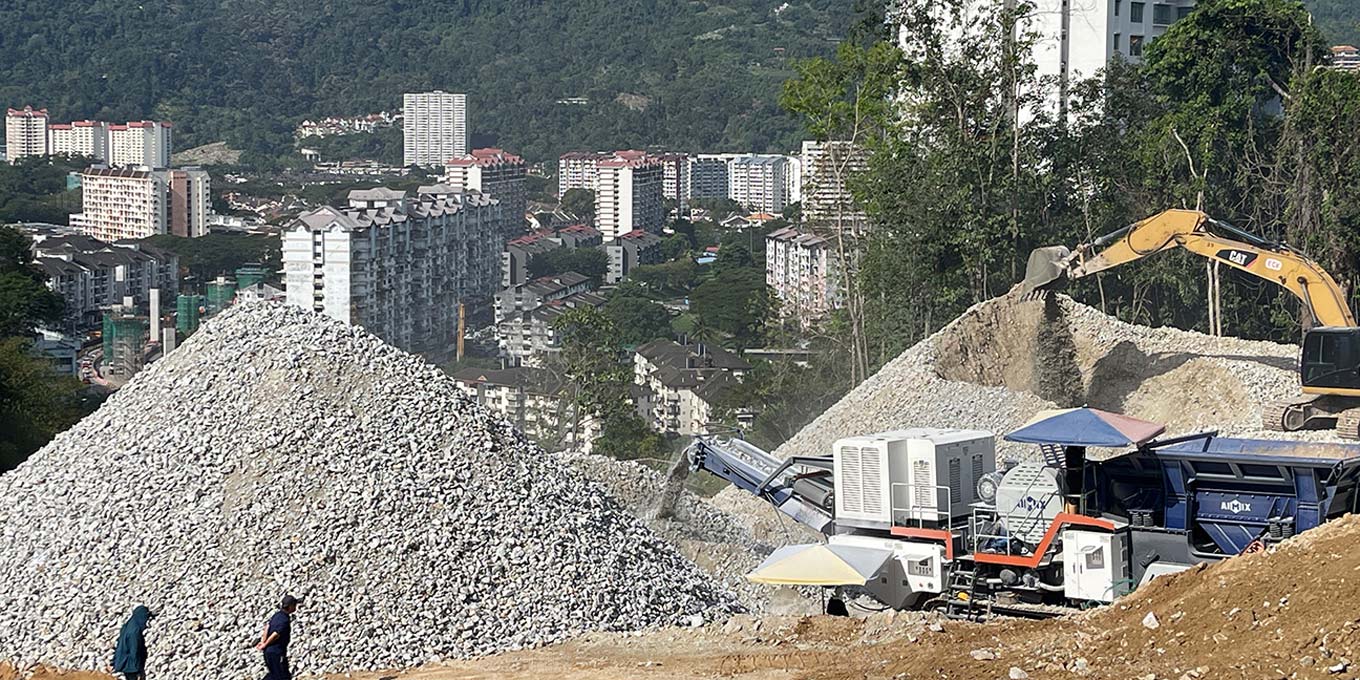Running a stone crusher plant is no small undertaking. Whether you're managing a single unit or a large-scale operation, the financial demands are significant. From machinery costs to maintenance and operational expenses, it’s essential to understand the full scope of what it takes to keep the plant running smoothly. However, it’s not just about the initial price tag of the equipment—what matters more is how the plant performs over time. How does productivity compare to the investment? What are the hidden costs that may affect your bottom line? Let’s explore the true cost of operating a stone crusher plant and uncover the factors that influence both price and productivity.
The first and most obvious cost of running a stone crusher plant is the initial investment. The stone crusher plant price is often the first consideration for many operators. Stone crushers come in a variety of types, including jaw crushers, cone crushers, and impact crushers, each with its own set of costs based on size, capacity, and functionality. Typically, these crushers range from a few thousand dollars to several hundred thousand dollars, depending on the specifications.

The purchase price is influenced by multiple factors. The brand, capacity, and technology used in the equipment will directly impact the cost. For example, high-capacity crushers designed for large-scale operations will naturally come at a premium. Additionally, newer models equipped with advanced technology such as automated controls and energy-efficient motors tend to cost more but may offer long-term savings in terms of operational costs.
In addition to purchasing the machinery, setting up a stone crusher plant involves a range of other costs. These include site preparation, transport and assembly of the stone crusher plant, and any modifications required for optimal performance. For instance, if the site is remote or difficult to access, transport costs could rise significantly. Furthermore, depending on the complexity of the setup, professional installation services may be necessary, adding further expenses to the overall investment.
Once the stone crusher plant is up and running, the real challenge begins—keeping the machinery operational without compromising on performance. There are various ongoing costs that need to be accounted for, including fuel, labor, and routine maintenance. Many operators overlook these recurring costs, focusing only on the initial investment. However, understanding and managing operational costs is just as crucial for ensuring long-term profitability.
Stone crushers, due to the high amount of wear and tear they endure, require regular maintenance to remain effective. Maintenance costs can include everything from parts replacement to servicing and inspection. For example, crusher jaws, hoppers, and belts will eventually need to be replaced due to the abrasive nature of the materials they process. Investing in preventive maintenance is key to minimizing downtime and avoiding costly repairs. Regular inspections, lubrications, and adjustments can significantly extend the life of the equipment.

Another often underestimated cost is energy consumption. Crushers, especially large-scale units, consume significant amounts of electricity or fuel. These expenses can quickly add up, especially in regions where energy costs are high. It is essential for operators to assess the energy efficiency of the machines before purchasing and to explore energy-saving measures, such as utilizing renewable energy sources or upgrading to more energy-efficient models. The cost of energy should never be an afterthought—it is a recurring expense that impacts the overall profitability of the operation.
While minimizing costs is important, the ultimate goal of any aggregate crusher plant is to maximize productivity. However, there is often a delicate balance between keeping costs low and achieving high output. Investing in the right machinery, scheduling regular maintenance, and optimizing operations all play a role in increasing productivity without overspending.
Crusher performance can be significantly improved through various operational strategies. This includes properly managing the feeding rate, ensuring the correct material size, and regularly inspecting for any issues that may slow down production. Another way to boost productivity is by automating processes. Many modern crushers come with automated features that improve efficiency by reducing the need for manual intervention. Automation also reduces the risk of human error, further ensuring consistent output.
One aspect often overlooked in the pursuit of high productivity is the role of human capital. Properly trained staff is essential for ensuring that the plant operates at optimal efficiency. Operators who understand the intricacies of the machinery and can troubleshoot problems as they arise contribute significantly to the overall success of the plant. Additionally, skilled workers can help maintain the machinery, ensuring that wear and tear is minimized and downtime is kept to a minimum.
In conclusion, the real cost of running a stone crusher plant extends far beyond the initial price of the machinery. While equipment costs and setup expenses are the obvious starting point, the ongoing operational costs—such as maintenance, energy consumption, and labor—must also be factored in. Balancing these costs with productivity is crucial. A well-maintained plant that operates efficiently will not only keep expenses under control but will also maximize output, ensuring long-term profitability. Ultimately, a comprehensive understanding of both price and productivity is essential for anyone looking to run a successful stone crusher plant.